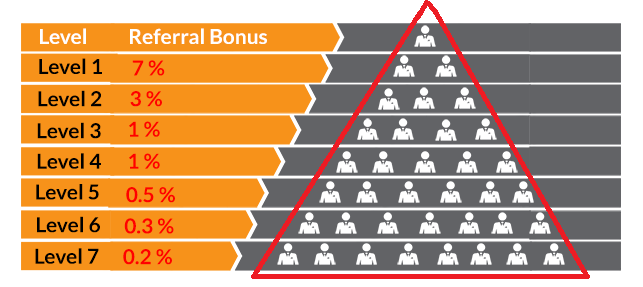The Strange Story of the Mp3 Player (begins at 1:50)
Portable music players were invented in 1979 by Kane Kramer and the way it distributes music without the internet was basically transmitting over the telephone-net at terminal vending machines in bars and music stores and such. It went bankrupt though.
Saehan made MPMan in 1998. RIAA sued Diamond Multimedia in 1998 over its MP3 player but lost, and this very publicized case made MP3 players popular. iPod, 2001, made it super popular.
Kramer got acknowledged as original inventor of iPod by Apple for some legal reasons.
Robot Hand Unexpectedly Learns Human Behaviour
Learning Dexterity
OpenAI robot hand learns to manipulate objects through domain randomization technique (generate a lot of random environments and train on all of them), and even though it was trained on cubes it managed to generalize to octagonal prisms! Basically, it learns to be general by being less sure about the environment.
The training process is an RL cycle:
policy -> valuation by rollout (aka "playout", as in try the policy in simulations a bunch of times) -> opitimize to new policyI'd like it to start playing Rubik's Cube next with one hand!
What I'm most impressed is that the AI "proved" the wisdom of evolution, again! It found that the human hand motions like "sliding" and "pivoting" are actually the most optimal ways of moving objects with hand, in a certain sense.
Google Duplex A.I. - How Does it Work?
It's an AI that can use human voice to make appointments with humans, very realistically. People got scared by Duplex. I'm not sure why but I guess it's some kind of uncanny valley effect: people don't like it that these Duplex AI agents are human enough to talk but not human enough in other ways.
Duplex builds upon WaveNet from DeepMind, which uses a fully convolutional neural network to learn and later generate waveforms directly as if they are 1-d pictures, bypassing the traditional way of working at the phoneme level (used by, for example, the Vocaloid).
How Blockchain is Already Taking Over (YouTube Competitors, Finance and More)
Blockchain's Biggest Losers
A huge list of blockchain applications. They all exploit the basic properties of blockchain: publicly shared, robust against attacks on selected servers, robust against record tampering. Basically, coming down to its roots of being a public ledger.
Some people lose out because of blockchains:
- middlemen: "Smart contracts help you exchange money, property, shares, or anything of value in a transparent, conflict-free way while avoiding the services of a middleman." -- CSIRO
- some banks: they are
- some traders who gets frauded: I found it funny that bitconnect's promotion graphics literally shows a pyramid scheme:

Next Generation Robots - Boston Dynamics, Asimo, Da Vinci, SoFi
Updates on Boston Dynamics's newest robots, Honda's Asimo, Da Vinci surgery robot, Ocean One deep sea humanoid robot, SoFo fish robot with
I LOVED ROBOT WARS OMGGGGGGGG
Even though it's completely not "next generation", I'm still glad to see BattleBots!
The Most Realistic Robots! (2018)
I am impressed by the Na'vi robot. It's so graceful I could hug them.
AI Codes its Own ‘AI Child’ - Artificial Intelligence breakthrough!
I like this. Basically, it's a meta idea of using ML to do ML better.
- There are many algo to do ML: Naive Bayes, Deep Learning, Recurrent Neural Network, Random Forest...
- No algo is best for every task.
- Further, each algo has numbers (called "hyperparameters") that need to be specified before the learning can begin, and those hyperparameters need to be adjusted for each task.
- So it takes a lot of adjusting to get find the best algo for a task.
The AutoML basically is a neural network that solves a RL problem: its actions are designs for ML architectures, and its rewards are the performances of the architectures. It tries to find the best architecture.
I watched a presentation about AutoML and it seems to mainly deal with a large search space (as always...) by meta-learning, Bayesian optimization, genetic programming, and multi-armed banditry.
And the demo is really sweet! Feels like it could bring ML to the masses.
Did You Know - The First Cars Were Electric?
Or, clickbaity title:

No comments:
Post a Comment